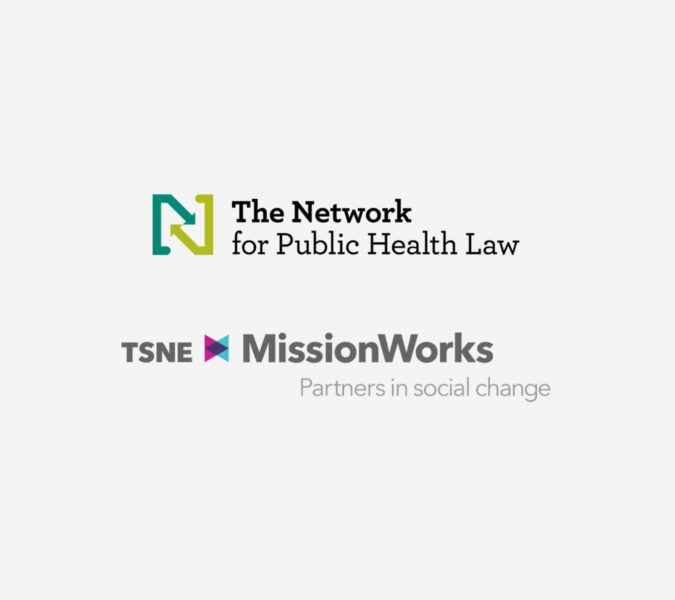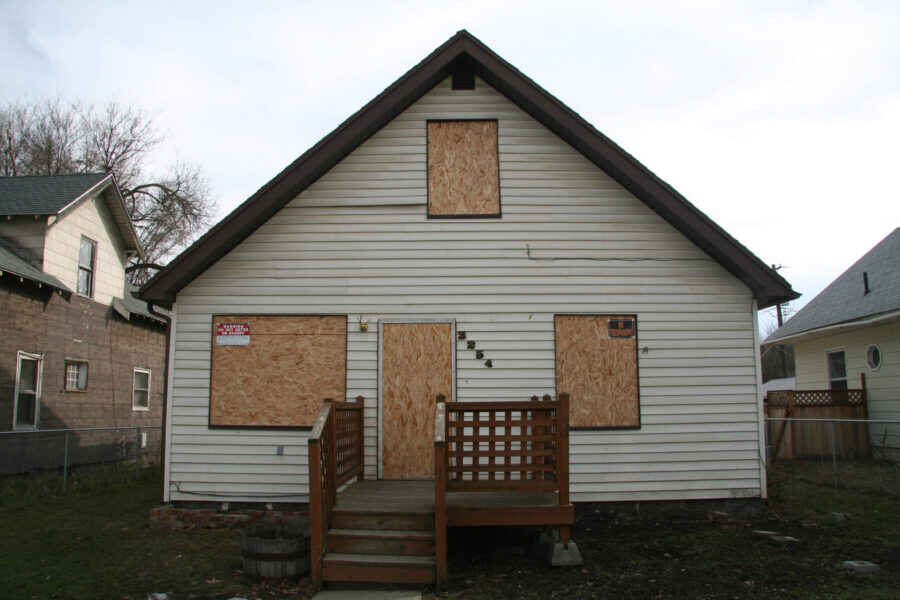
Pivoting to Telehealth: Lessons Learned about Treating Under-Resourced Patients During the Early Days of the COVID-19 Pandemic – and Beyond
Law & Policy InsightsTelehealthMechanisms for Advancing Health EquityThe early days of the coronavirus pandemic (COVID-19) were daunting for patients and providers alike. In-person health care visits were curtailed, and health care providers had to quickly pivot to telehealth services to ensure access to care for patients. However, the shift to telehealth imposed new barriers to care, such as a lack of broadband/unreliable internet, required devices for telehealth services (smart phones, laptops, etc.), and digital illiteracy. Community Care Cooperative, a Massachusetts-based non-profit, Accountable Care Organization, mobilized during the pandemic to deliver telehealth services in the state and is working to identify operational, legal, and policy challenges to virtual care and create a framework for long-term sustainability of telehealth.











